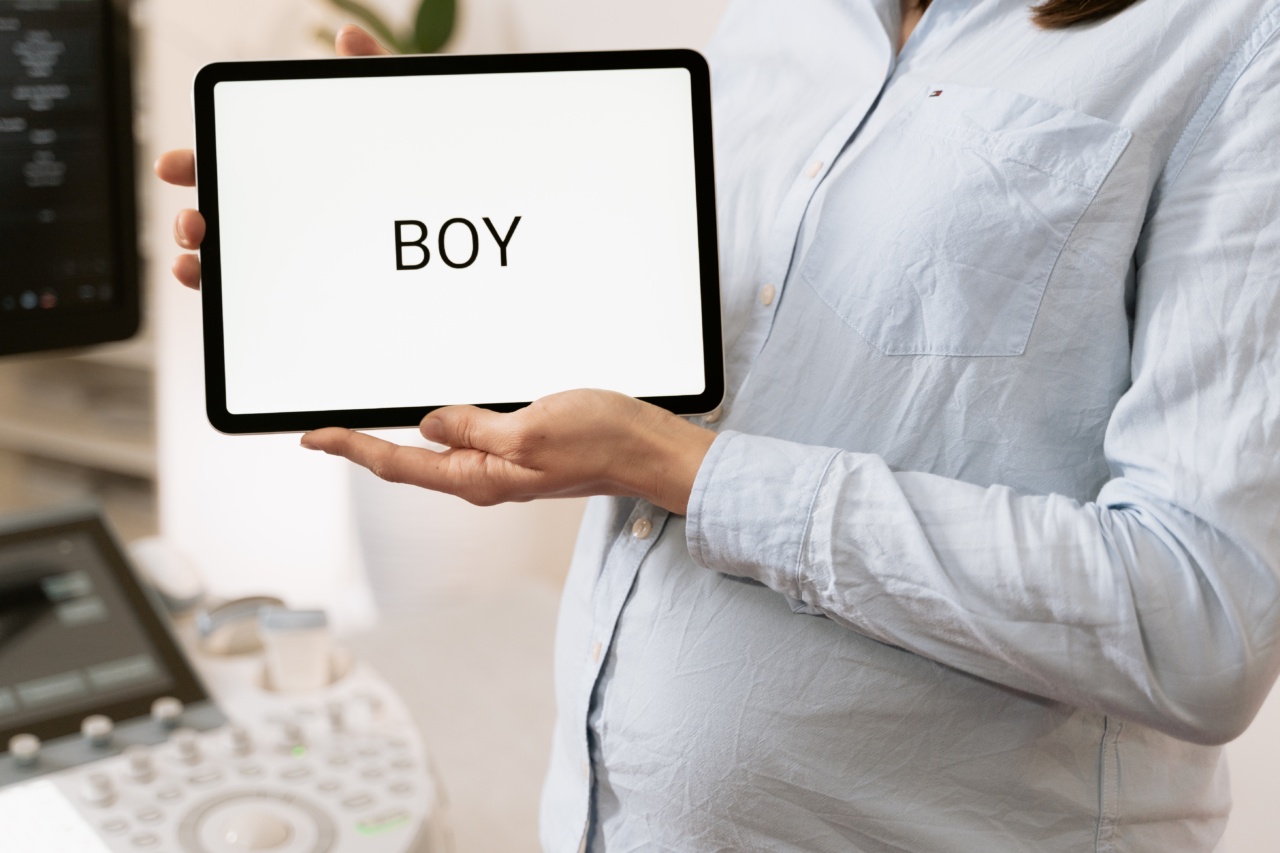Pregnancy is an exciting time for many women, but it can also bring about a significant amount of anxiety and stress.
It’s estimated that up to 20% of pregnant women experience some form of anxiety during their pregnancy, and this can be caused by a variety of factors, including hormonal changes, physical discomfort, and concerns about the health of the baby and the mother. However, recent research has suggested that gender may also play a role in how women experience anxiety during pregnancy.
The Gender Factor
Several studies have found that women carrying female fetuses may be more likely to experience pregnancy-related anxiety.
In a study published in the Journal of Psychosomatic Obstetrics and Gynecology, researchers found that women carrying female fetuses had higher levels of pregnancy-specific stress and anxiety than women carrying male fetuses. Another study published in the Journal of Affective Disorders found that women carrying female fetuses had higher levels of prenatal anxiety, depression, and overall emotional distress, compared to women carrying male fetuses.
While these findings suggest a link between gender and pregnancy anxiety, it’s important to note that every woman’s experience is unique.
Other factors, such as social support, personal history, and pregnancy complications, can also influence a woman’s level of anxiety during pregnancy.
Why Female Fetuses?
It’s still not clear why women carrying female fetuses may be more likely to experience anxiety during pregnancy. Some researchers have suggested that it may be related to differences in hormone levels between male and female fetuses.
For example, female fetuses may be exposed to higher levels of estrogen, which has been shown to promote anxiety and stress in some studies.
Some researchers also believe that societal attitudes towards gender may play a role in how women experience pregnancy anxiety.
Women may feel more pressure to have a healthy and successful pregnancy if they are carrying a female fetus, as there may be more emphasis placed on raising daughters to be successful and independent. This can lead to increased levels of stress and anxiety for women carrying female fetuses.
The Impact of Pregnancy Anxiety
Regardless of the cause, pregnancy anxiety can have a significant impact on a woman’s mental health and well-being, as well as the health of her baby.
Persistent anxiety during pregnancy has been linked to a higher risk of postpartum depression and a higher likelihood of preterm birth. Women with high levels of anxiety during pregnancy may also have difficulty bonding with their baby after birth, which can contribute to postpartum depression and other mental health concerns.
It’s important for women to seek support and treatment for anxiety during pregnancy, whether they are carrying male or female fetuses. This can include therapy, medication, and lifestyle changes to help reduce stress and promote relaxation.
Women should also try to maintain a healthy balance of self-care, social support, and medical care throughout their pregnancy to help manage anxiety and promote overall well-being.
Conclusion
Pregnancy can be an anxiety-provoking time for many women, and gender may play a role in how women experience pregnancy-related stress and anxiety.
While research has suggested that women carrying female fetuses may be more likely to experience anxiety during pregnancy, every woman’s experience is unique and can be influenced by a variety of factors. It’s important for women to seek support and treatment for anxiety during pregnancy to promote their own mental health and the health of their baby.































